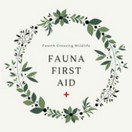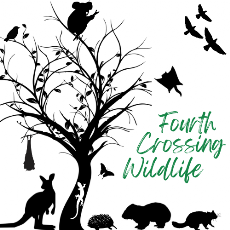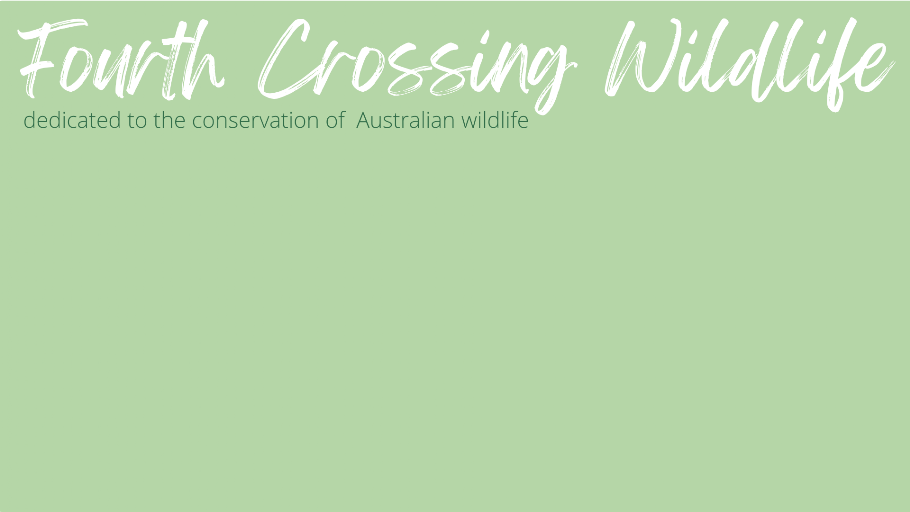Short Term Care

Rescue and Short Term Care for Ducks
It is important to remember that an injured, sick or orphaned duck, as with any wild animal, will be stressed when caught. It is very important that it is kept in a dark, quiet place, away from children and family pets.
If it is an adult duck place it in a medium size box, so that it cannot flap its wings. Put it in a dark, quiet place and leave it alone for at least 1 hour, so that it can 'de-stress'.
A baby duck that is covered in downe needs warmth. Place the bird in an artificial nest, eg: a bowl lined with paper towel. Place a lamp over the nest with a low power (around 25 watt) coloured light globe, eg: a green or red globe. If a coloured globe is not readily available, use a pearl or frosted globe. Pin a tea towel around the lamp so that it hangs down and encloses the nest, this will hold the warmth in.
The temperature needs to be around 33o to 37o Celsius - no higher. If you are putting the nest in an enclosed box you will need to put a small cup of water inside the box to keep the air humid - dry air will dehydrate the bird. Place a screen over the water cup, for example fly screen or netting, so that the bird cannot get into the cup and drown. Ensure that you have enough space in the box so that the duckling can get out of the nest - and away from the heat source - if it wants.
Do not let baby ducks covered in downe in water. In the wild they get enough oil from their parents feathers to make them 'water proof', but in care they won't have the oil and therefore will get cold and may die.
Do not feed any wild animal for at least a few hours after rescue - they need to have their stress levels reduced and too much human contact can send them into shock. Additionally, it is very important that you do not feed a cold animal as any food will not be digested properly and the bird may die. If the rescued bird is cold you will need to warm it very slowly (over a period of 2 hours) - if you warm the bird too quickly it may also die from heat-stress related complications. An animal that is badly injured or sick will not want to eat. If this is the case, just leave the bird in the box until an experienced carer can collect it, or take it to a veterinarian.
Food for an adult duck includes grasses & grass seed and muddy water. Put some dirt from your garden into a small bowl and add some water, the duck will sift through the water. Collect some grass sods, making sure that there is a fair bit of dirt attached to the grass and slightly wet the dirt. This will keep the grass fresh. Put the food in the box and let the duck eat when it is ready, do not attempt to feed the duck by hand, this will only stress it more.
Suitable food for a duckling is chicken or turkey starter crumbles, which can be purchased from pet produce shops, mixed with greenery such as grass, lettuce or parsley. Cut the green food into small bits and stir into the starter crumbles that have been mixed with a small amount of water. Put the mixture into a small bowl, the duckling can then sift through it.
Just remember to use your common sense when caring for a native duck. You are caring for a wild animal, it is not a pet.
Keep pets, family and friends away from the animal at all times.


